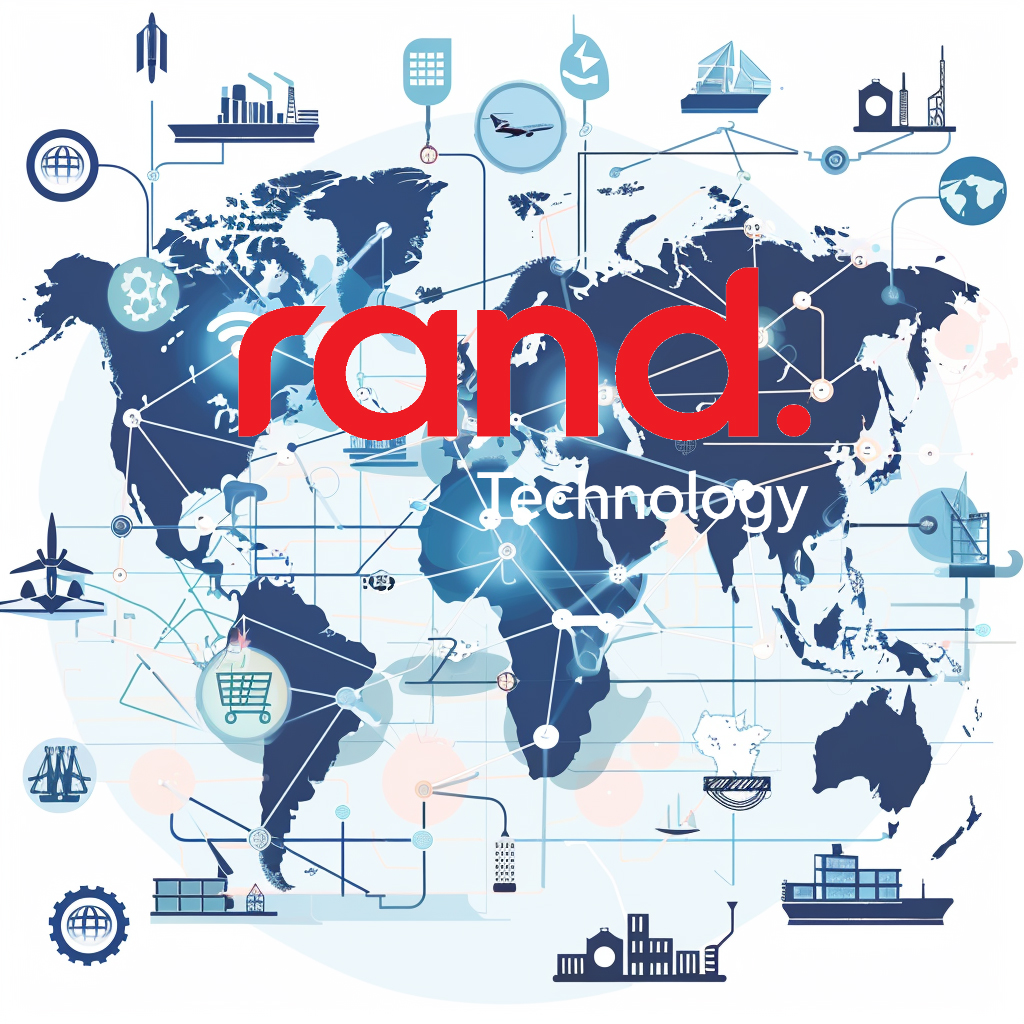In today’s interconnected world, supply chains have become the backbone of global commerce. Globalization has fundamentally transformed the way goods are produced and delivered, enabling companies to source materials, manufacture products, and distribute finished goods across vast distances. While globalization offers numerous advantages, it also presents significant challenges that businesses must navigate to remain competitive.
Challenges of a Globalized Supply Chain
- Increased Complexity: Global supply chains involve a multitude of moving parts, spread across different countries, time zones, and cultures. This complexity can make it difficult to coordinate production, logistics, and inventory management.
- Supply Chain Disruptions: Global events such as natural disasters, political instability, and pandemics can significantly disrupt supply chains. These disruptions can lead to production delays, stockouts, and price increases.
- Quality Control Issues: When manufacturing is outsourced to overseas locations, companies may have less control over quality standards. This can lead to product defects and reputational damage.
- Increased Transportation Costs: The cost of transporting goods over long distances can significantly impact a company’s bottom line. Fluctuations in fuel prices and changes in trade policies can further exacerbate these costs.
- Regulatory Compliance: Companies operating in a globalized supply chain must comply with a myriad of regulations across different countries. This can be a complex and time-consuming process.
- Visibility and Transparency: Maintaining visibility and transparency throughout a global supply chain can be challenging. Companies may struggle to track the movement of goods and materials in real-time, making it difficult to identify and address potential problems.
Opportunities of a Globalized Supply Chain
- Cost Reduction: Globalization allows companies to take advantage of lower production costs in developing countries. This can lead to significant cost savings and improved profit margins.
- Access to New Markets: By expanding their supply chains globally, companies can gain access to new markets and customer bases, which can help them grow their revenue and market share.
- Increased Innovation: Globalization fosters collaboration between companies from different countries. This can lead to increased innovation and the development of new products and technologies.
- Improved Efficiency: Global supply chains can be more efficient than domestic ones. Companies can leverage economies of scale and specialize in different parts of the production process.
- Diversification of Risk: Companies can diversify their risk portfolio by sourcing materials and manufacturing products from multiple locations. This can help them mitigate the impact of disruptions in any one location.
How Rand Technology Can Help
At Rand Technology, we understand the challenges and opportunities of globalization for supply chains. We offer a comprehensive suite of solutions to help businesses optimize their supply chains and achieve their global business goals.
Globalization presents both challenges and opportunities for supply chains. By understanding these challenges and opportunities and implementing the right strategies and solutions, businesses can leverage globalization to gain a competitive advantage.
Rand Technology is a trusted partner for businesses of all sizes looking to optimize their supply chains and achieve their global business goals. Contact us today to learn more about how we can help you.


















